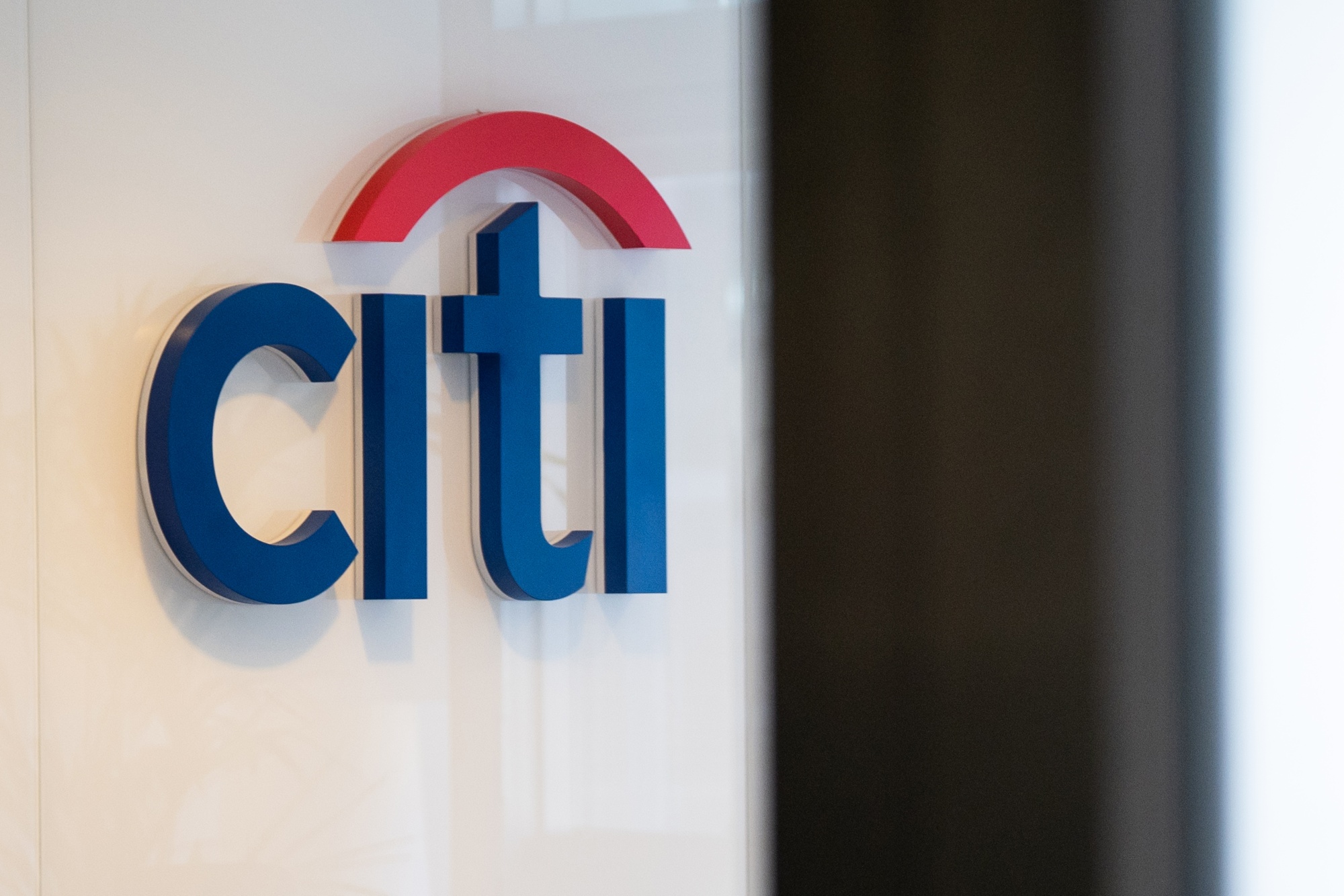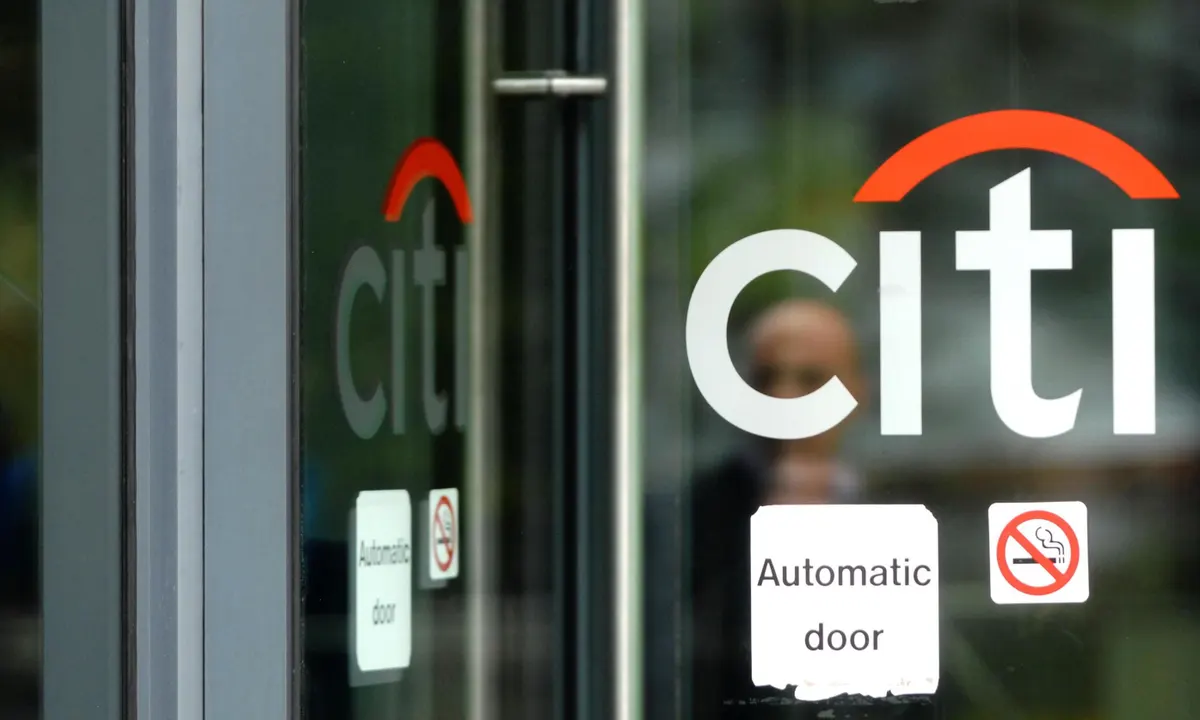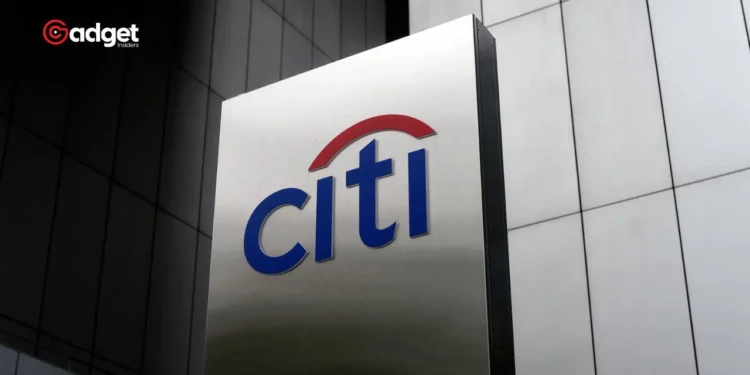In a striking turn of events that reverberated through the financial markets, Citigroup found itself at the center of a regulatory storm, culminating in a hefty £62 million ($79 million) fine. This punitive measure was levied by UK regulators due to significant failures in the bank’s trading systems, nearly causing an inadvertent sale of stocks worth a staggering $189 billion on European markets.

The Flash Crash and Regulatory Response
The incident, which unfolded in May 2022, involved an “experienced” the trader who erroneously placed an order to sell $444 billion worth of stocks, instead of the intended $58 million. This monumental error, attributed to an inputting mishap, led to a momentary “flash crash.” Although Citigroup’s systems intercepted and blocked $255 billion of the order, a substantial $189 billion still made its way to the trading platform, unsettling the markets before the transaction was halted.
Responding to these glaring discrepancies, the Financial Conduct Authority (FCA) and the Bank of England’s Prudential Regulation Authority (PRA) imposed fines totaling nearly £28 million ($36 million) and £34 million ($43 million), respectively. These fines were mitigated by a 30% reduction after Citigroup opted for an early settlement, averting what could have escalated to over £88 million ($112 million).
Citigroup Faces $2.9 Million Penalty Over SEC Record-Keeping Violations#news,#stocks-newshttps://t.co/wfnXA5NopN pic.twitter.com/QK5PM4qAC1
— Live Markets (@livemarkets_off) August 30, 2023
The FCA’s statement shed light on the sequence of events and the subsequent market chaos, emphasizing the absence of a robust system to completely block such erroneous transactions and the sluggish escalation of alerts which compromised market order.
Citigroup’s Steps Towards Compliance and Security
In the aftermath, Citigroup has been proactive in overhauling its trading systems to fortify security and ensure stringent regulatory compliance. A spokesperson from Citigroup remarked on the resolution of the issue, which was identified and rectified swiftly within minutes of its occurrence. “We immediately took steps to strengthen our systems and controls, and remain committed to ensuring full regulatory compliance,” the spokesperson stated.

This commitment to enhancing safety mechanisms and internal controls is part of Citigroup’s broader strategy to prevent future lapses and restore trust among its stakeholders and the regulatory bodies.
Historical Context of Citigroup’s Trading Errors
Interestingly, this is not Citigroup’s first encounter with costly trading blunders. Back in 2020, the bank inadvertently transferred $900 million in interest payments to Revlon’s lenders, a blunder exceeding the intended amount by over 100 times. While some recipients returned the funds, others retained them, leading to a legal battle wherein a U.S. district court judge ruled against Citigroup’s recovery of the outstanding $500 million.

Moreover, the financial realm was previously shaken by a similar, though unrelated, incident in 2014 when an anonymous broker disrupted the Japanese stock market with orders totaling over $600 billion, only to cancel them shortly after.
Conclusion: A Lesson in Financial Vigilance
Citigroup’s recent predicament serves as a potent reminder of the critical need for rigorous trading controls and real-time monitoring systems within financial institutions. As Sam Woods, CEO of the Prudential Regulation Authority, aptly noted, “Firms involved in trading must have effective controls in place to manage the risks involved.” This episode underscores the ongoing challenges banks face in managing complex trading environments and the imperative to adhere to the highest standards of operational integrity to prevent such costly errors in the future.










